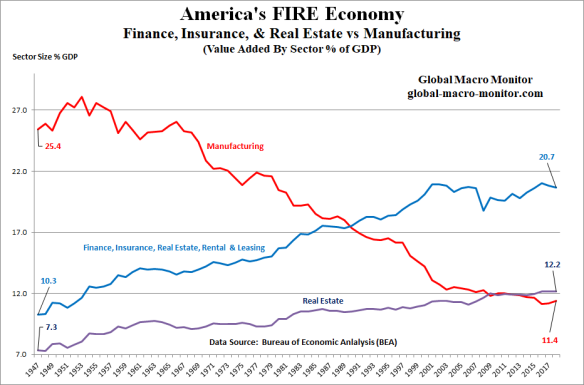georgephillip
Diamond Member
15 Saudi radicals who trained in Germany and San Diego as well as Afghanistan. The US has been the greatest purveyor of violence on this planet for the last 75 years.However we didn't get attacked by a middle-east country, we got attacked by a group of radicals.



